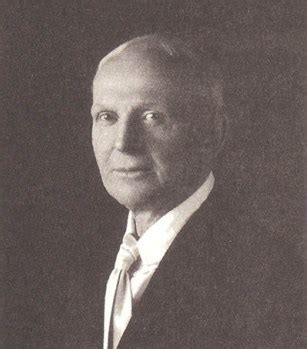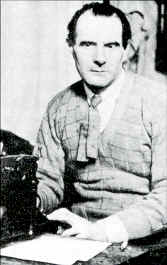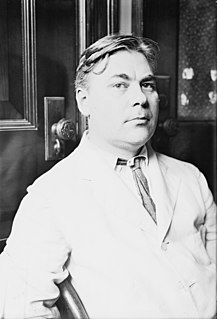A Quote by Lord Byron
I speak not of men's creeds—they rest between Man and his Maker.
Related Quotes
The true church is not made of creeds and forms, nor is it contained in walls of wood and stone; the heart of man is its temple and the Spirit of truth is the one guide into all Truth. When men learn to turn within to the Spirit of truth, who is in each one for his light and inspiration, the differences between the churches of man will be eliminated, and the one church will be recognized.
Of all the animal creations of God, main is the only animal who has been created in order that he may know his Maker. Man's aim is life is not therefore to add from day to day to his material prospects and to his material possessions, but his predominant calling is, from day to day to come nearer to his own Maker.
There can be no real conflict between the two Books of the Great Author. Both are revelations made by Him to man,-the earlier telling of God-made harmonies coming up from the deep past, and rising to their height when man appeared, the later teaching man's relations to his Maker, and speaking of loftier harmonies in the eternal future.
The intelligent and good man holds in his affections the good and true of every land -- the boundaries of countries are not the limitations of his sympathies. Caring nothing for race, or color, he loves those who speak other languages and worship other gods. Between him and those who suffer, there is no impassable gulf. He salutes the world, and extends the hand of friendship to the human race. He does not bow before a provincial and patriotic god -- one who protects his tribe or nation, and abhors the rest of mankind.





































